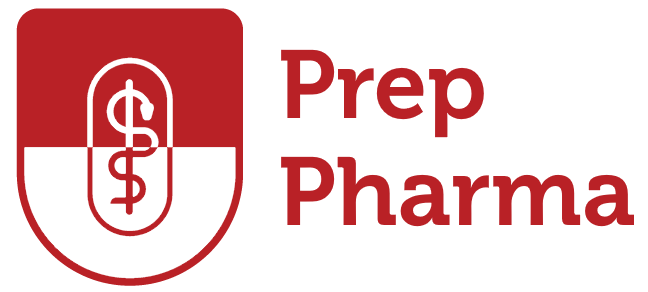As a practicing pharmacist in Canada, you must develop patient communication skills to enhance the quality of service delivery in day-to-day practice. Here are some pharmacist communication skills, which you need to provide the best patient-centered care during your daily interactions with patients.
Listening Skills
- One important aspect of communication is effective listening. As a pharmacist, you should treat the patients as experts and listen to concerns they have without interrupting.
- Learn to listen well so that you can confidently give the patient the greatest counsel and service and have a clear understanding of their needs and worries.
- After a patient shares a question or a concern with you, repeat or rephrase the question or concern to ensure that you fully understand their message.
- Show patients that you are open to receiving questions and that you appreciate and welcome any inquiries.
- Do not assume that you know what the patient is going to say or ask, but rather listen attentively even if you know where they are going with their explanation.
- In addition to practicing effective listening, it is also important to show patients that you care and that you will work to address their concerns by being empathetic.
Terminology and Jargon
- When responding to inquiries, do not use complicated language and terminology but rather phrase your thoughts the way that an average person would understand.
- Provide messages that are concise and clear.
- Try to avoid using medical jargon and abbreviations as much as possible in your conversation so that the patient understands what you mean.
- Do not become frustrated if you believe that the patient appears or shows perplexed, or if you believe that the information you conveyed was unclear. If you see this, stop for a moment, collect your thoughts, and rephrase.
- Maintain eye contact with your patients at all times throughout the conversation.
- Remain professional throughout the whole interaction.
- Make sure the message you are trying to convey is conveyed clearly in both your voice and your body language.
Determine if the Message was Understood
- To find out if the patient comprehended what you said, you can employ techniques like the “teach-back method.” You can ask them to show you anything in order to do this. Additionally, you can assess their comprehension by posing targeted queries concerning the information you provided.
- This method facilitates communication and understanding by avoiding direct, yes or no, questions and focusing on open conversations.
Develop your Written Communication Skills
- Remember to also develop strong written communication skills along with your verbal communication skills.
- Create infographics and posters that are easy to read and understand so that patients can quickly access easy, reliable, and clear information.
- Like verbal communication, written communication needs to be clear. It should provide quick information that the average person would be able to read and understand.
- Familiarize yourself with different cultures and their common communication methods. This way you will be more open and equipped to effectively and confidently communicate with your patients.
Continue Growing
- Practice and enhance your communication skills.
- Continue learning about the importance of effective communication in healthcare.
- Remember that great patient communication skills are an asset in your profession.








